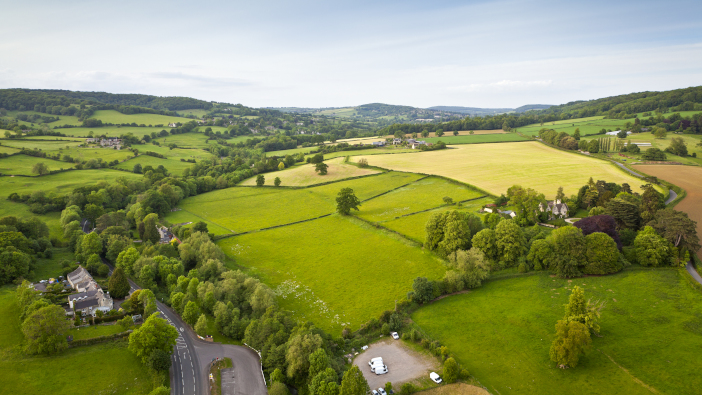Despite government assurances that “small farms” won’t be affected, the Country Land and Business Association (CLA)’s analysis shows tax changes could wipe out many small and medium-sized farms.
According to the CLA’s analysis of model arable farms, a typical 200-acre farm owned by an individual with an expected annual profit of £27,300 would face an IHT liability of £435,000.
Gavin Lane, deputy president of the CLA, said: “Either the government isn’t being honest with the public about the true impact of these reforms, or they don’t understand the nature of rural businesses.
“I’d like to believe it is the latter and that they are prepared to listen to our input rather than continually trying to dismiss it.”
If spread over ten years, this would require the farm to allocate 159% of its profit each year to cover the tax bill. To meet this bill, successors could be compelled to sell 20% of their land.
Similarly, a 250-acre arable farm owned by a couple in the way the Chancellor expects to be possible with an expected annual profit of £34,130 would face an IHT liability of £267,000, amounting to 78% of its profit each year over a decade.
From April 2026, Agricultural Property Relief (APR) and Business Property Relief (BPR) will be capped at £1m in total per owner. Qualifying assets beyond this level will receive 50% relief from inheritance tax, resulting in an effective tax rate of 20%, after using the nil rate band of £325,000 and residence nil rate band of £175,000.
If a farmer is married, his or her spouse would be able to benefit from their relief when passing their business assets to the successor, but even farms owned by two people will be severely affected.
The CLA urges the government to reconsider these inheritance tax changes, which they say risk undermining the future of family farming across the country.
This comes ahead of Defra Secretary of State Steve Reed appearing at the CLA’s annual Rural Business Conference later this month (21st November), where he is expected to address farmers and rural business owners for the first time since this announcement.
Mr Lane added: “While they frame this as a tax on the wealthy, the reality is that ordinary family farms will be hit just as hard.
“Asking farms to use their income to pay a huge capital tax bill over ten years, if indeed it is possible, will threaten the future of investment and the viability of the business.”


